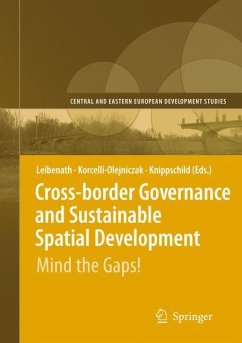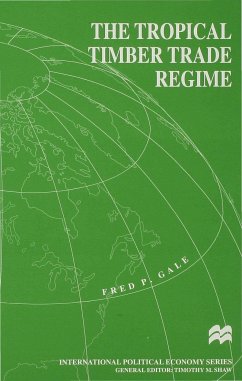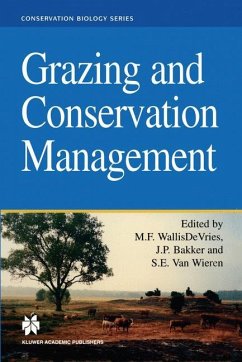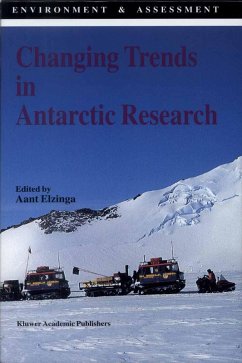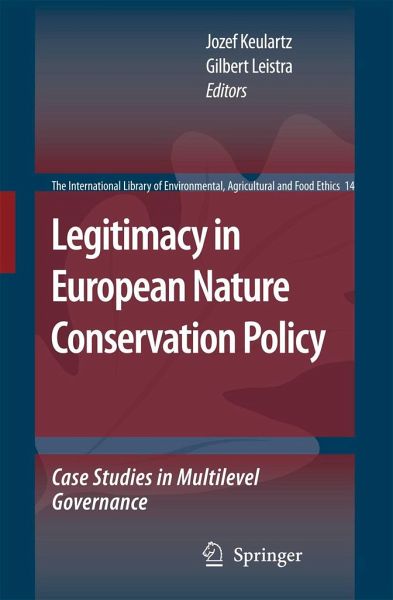
Legitimacy in European Nature Conservation Policy
Case Studies in Multilevel Governance
Herausgegeben: Keulartz, Jozef; Leistra, Gilbert
Versandkostenfrei!
Versandfertig in 6-10 Tagen
76,99 €
inkl. MwSt.

PAYBACK Punkte
38 °P sammeln!
Building forth upon recent developments in democracy theory that have identified multiple forms of legitimacy, this volume observes a EU-wide shift from output legitimacy to input and throughput legitimacy. Top down policy making is increasingly meeting local resistance. As a result, the importance for policy makers of enhancing the democratic legitimacy of their policy plans has increased.In this volume, nine case studies are presented, seven case studies of protected areas in different countries (Belgium, Germany, Poland, Spain, Finland, France and the UK), and two case studies of protected ...
Building forth upon recent developments in democracy theory that have identified multiple forms of legitimacy, this volume observes a EU-wide shift from output legitimacy to input and throughput legitimacy. Top down policy making is increasingly meeting local resistance. As a result, the importance for policy makers of enhancing the democratic legitimacy of their policy plans has increased.
In this volume, nine case studies are presented, seven case studies of protected areas in different countries (Belgium, Germany, Poland, Spain, Finland, France and the UK), and two case studies of protected species (the geese in the Netherlands, and the great Cormorant in Denmark and Italy). These case studies are followed by extensive comments. The volume opens with an introductory chapter on the problematic production of legitimacy in current European nature policy. It concludes with a chapter that situates the case studies within the wider EU environmental policy and political context.
In this volume, nine case studies are presented, seven case studies of protected areas in different countries (Belgium, Germany, Poland, Spain, Finland, France and the UK), and two case studies of protected species (the geese in the Netherlands, and the great Cormorant in Denmark and Italy). These case studies are followed by extensive comments. The volume opens with an introductory chapter on the problematic production of legitimacy in current European nature policy. It concludes with a chapter that situates the case studies within the wider EU environmental policy and political context.





